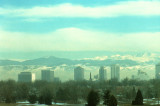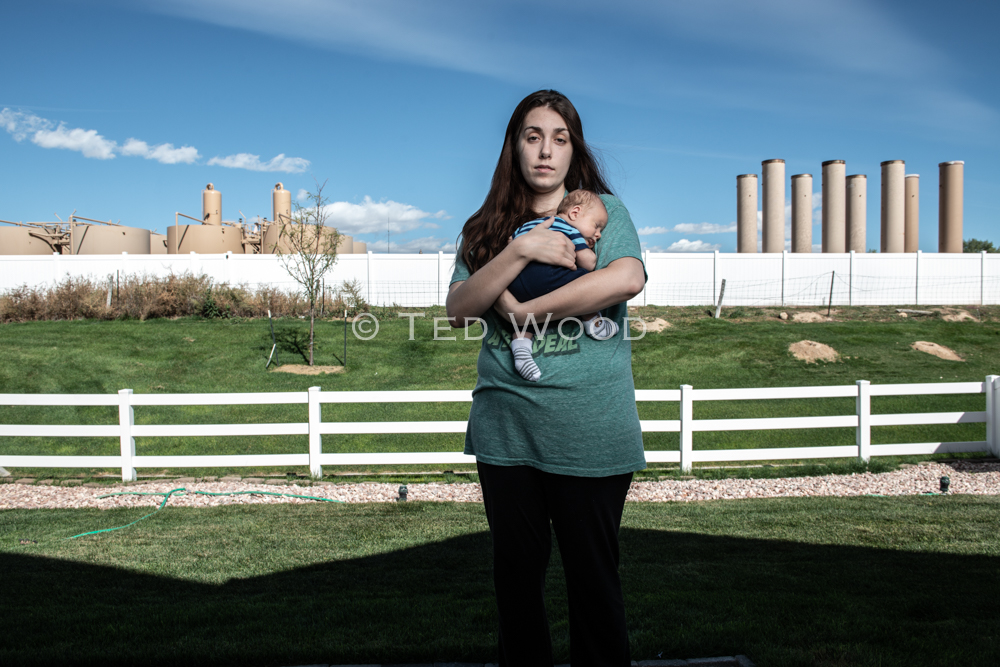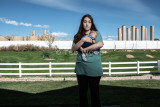
Air Pollution, Possible Solutions
(start time: 2:36) It is ubiquitous and essential to our life. It it is also the cause of some 7 million premature deaths around the world every year, ranking just behind diet, cancer and tobacco as a health risk. That’s the air we breath. Beijing, New Delhi, and London are among the smoggiest, but the Denver metro area isn’t faring so well either. Yet many countries and cities have taken positive steps that have dramatically reduced emissions, from vehicles, smokestacks, crop and animal production, and other sources. Our two guests today have been researching air pollution—its sources, impacts and solutions–and they share their insights and data with How On Earth’s Susan Moran and guest host, journalist Jason Plautz. Beth Gardiner, an environmental journalist based in London, authored the recently published book Choked: Life and Breath in the Age of Air Pollution. And Dr. Frank Flocke is an atmospheric scientist at the National Center for Atmospheric Research, and an author of a major study of air pollution sources on the Colorado Front Range.
Hosts: Susan Moran, Jason Plautz
Producer: Susan Moran
Engineer: Joel Parker
Executive Producer: Joel Parker
Listen to the show here:
Podcast: Play in new window | Download (Duration: 27:31 — 25.2MB)
Subscribe: RSS






 Healthy Planet+Healthy Humans? (start time: 14:46)
Healthy Planet+Healthy Humans? (start time: 14:46)